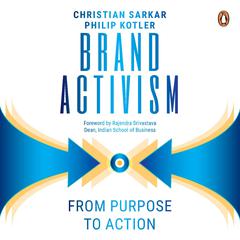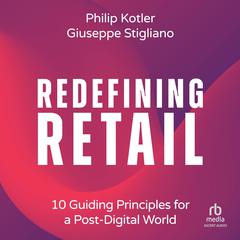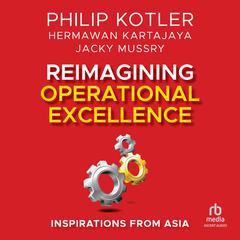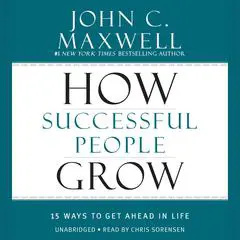 Play Audiobook Sample
Play Audiobook Sample
Good Works!: Marketing and Corporate Initiatives that Build a Better World...and the Bottom Line Audiobook
 Play Audiobook Sample
Play Audiobook Sample
Quick Stats About this Audiobook
Total Audiobook Chapters:
Longest Chapter Length:
Shortest Chapter Length:
Average Chapter Length:
Audiobooks by this Author:
Publisher Description
Businesspeople who mix cause and commerce are often portrayed as sinners or saints: Either they are heartless, opportunistic corporate "causewashers" cynically exploiting nonprofits to make a buck, or they are visionary social entrepreneurs for whom conducting trade is just a necessary evil in their quest to create a better world. Instead of black and white, the intersection of doing well and doing good is painted many shades of gray. Over the past 30 years, corporations have created numerous programs that generate significant resources for nonprofit partners while achieving business objectives. Stadiums could be filled with all the social entrepreneurs who've learned the hard way that a commitment to "doing the right thing" alone is not enough to guarantee commercial viability. Whether one works for a Fortune 500 behemoth or a start-up, cause marketing requires a delicate balancing act between what it takes to generate financial and social dividends. Cause marketing is not a panacea, but for many businesses it can yield tremendous returns. For many businesspeople, it can add tremendous personal satisfaction to a job well done. This is a cause MARKETING book, not a CSR treatise. It is meant for businesspeople who want their work to generate positive social impacts, but need to produce bottom line business results. Written in a practical, "were in this together" style, it makes the case that purpose-driven marketing has moved from a "nice to do" to a "must do" for businesses that want to thrive in today's marketplace.
Download and start listening now!
Good Works! Listener Reviews
Be the first to write a review about this audiobook!
About the Authors
Philip Kotler is the SC Johnson & Son Distinguished Professor of International Marketing at the Kellogg School of Management, Northwestern University. Although best known as a marketing guru, Kotler is a classically trained economist who did his master’s studies at the University of Chicago under Milton Friedman, the famed Nobel laureate and free-market evangelist, before moving to MIT to pursue a PhD under Paul Samuelson and Robert Solow, two Nobel Prize–winning Keynesian economists.
About Christine Marshall
Christine Marshall is an actress, director, and designer living in Portland, Maine. She teaches for the Maine State Ballet and produces plays with her theater company, Mad Horse. In addition to audiobooks, she records the online version of the New Yorker.


































